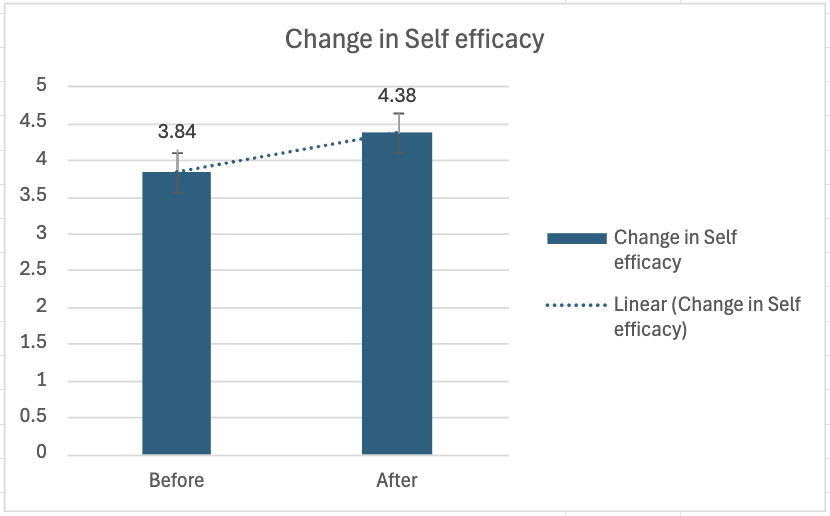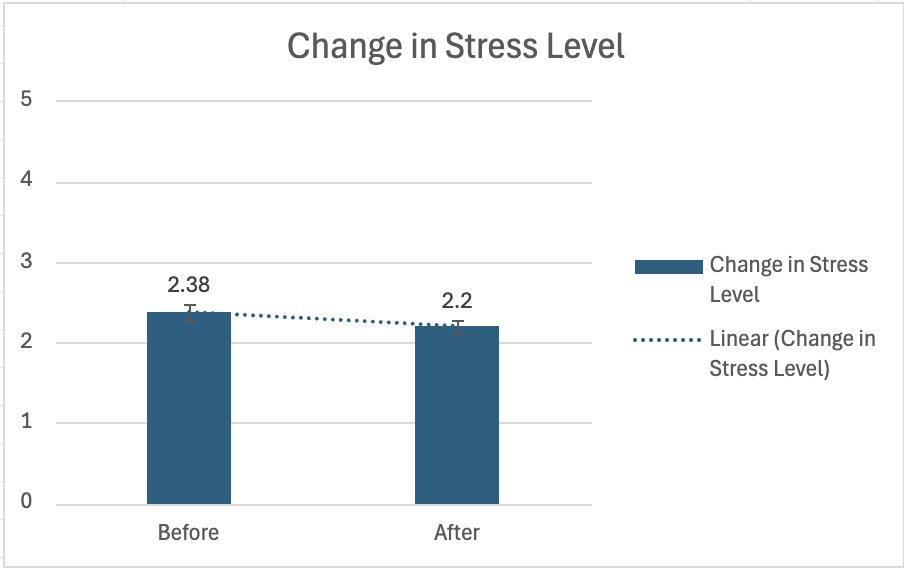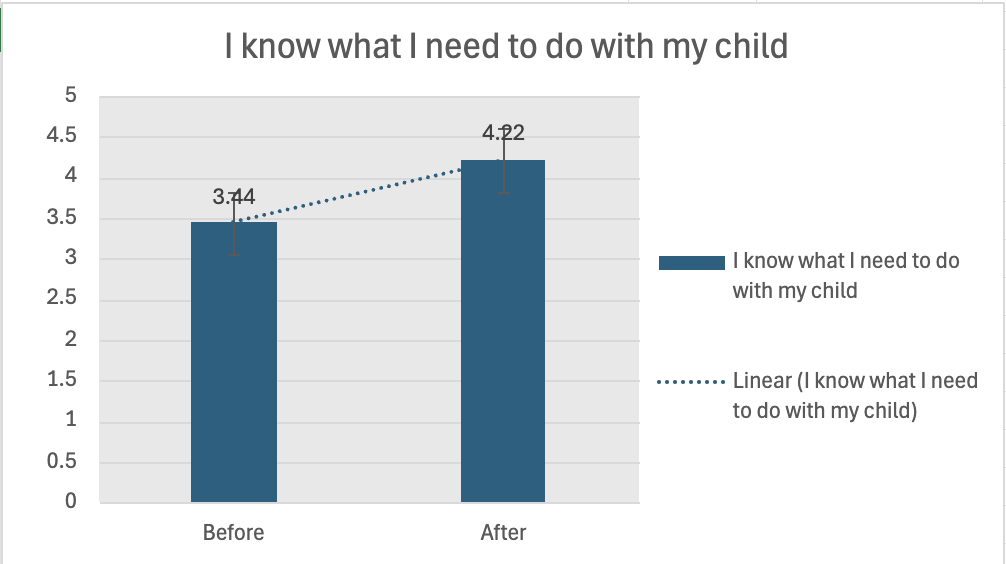Developmental and Behavioral Pediatrics 3: Autism 1
Session: Developmental and Behavioral Pediatrics 3: Autism 1
782 - Assessing the Impact of an Informational Brochure on Parental Stress and Self-Efficacy Following Pediatric Referral for Autism Diagnosis
Saturday, April 26, 2025
2:30pm - 4:45pm HST
Publication Number: 782.3644
Cortland Jell, California Health Sciences University, Clovis, CA, United States; Edward Merino, California Health Sciences University, Clovis, CA, United States; Michelle R. Perez, Camarena Health, Fresno, CA, United States; Mohammad A.. Rahman, California Health Sciences University, Clovis, CA, United States

Cortland Jell (she/her/hers)
Medical Student
California Health Sciences University
Clovis, California, United States
Presenting Author(s)
Background: While early detection of autism spectrum disorder (ASD) can improve outcomes, families often face long wait times for evaluation. Research shows that children from families of color, low-income backgrounds, or rural areas can experience longer delays. Although reducing wait times is an active area of research, there are currently very few resources and interventions available to support families while they wait for an evaluation.
Objective: The objective of this study was to assess the impact of an informational brochure at the time of a positive autism screen on parental stress, self-efficacy, and knowledge of next steps.
Design/Methods: A brochure was developed with information about ASD, guidance on next steps for parents, and resources for connecting with the local ASD community, drawing on a literature review and consultations with field experts. The brochure was translated into Spanish in collaboration with a Medical Spanish professor and adjusted to an 8th-grade reading level. Parents of children referred for an ASD diagnosis by a pediatrician in Madera, California—an area with significant physician shortages and lengthy wait times—were recruited. The brochure was provided at the time of a positive screen/referral, and changes in stress, self-efficacy, and knowledge were measured immediately before and after receiving it. Stress was assessed with the Spielberger State-Trait Anxiety Inventory (STAI), and self-efficacy with the Brief Parental Self-Efficacy Scale (BPSES). Three additional questions were included to assess knowledge of, and confidence in, the next steps of obtaining and managing the wait for an ASD evaluation. Data collection spanned from November 2023 to September 2024. Paired t-tests were used to evaluate the mean changes in stress, self-efficacy, and knowledge of next steps pre- and post-intervention, as well as changes in individual items on each scale.
Results: The intervention led to a 14% increase in self-efficacy and a 13.5% decrease in stress among surveyed parents immediately before and after reviewing the brochure. The findings showed statistically significant improvements in parents' understanding of next steps and a greater sense of calm, along with enhancements in several other questionnaire items. Additionally, a 21.6% increase was observed in parents' knowledge of strategies to support development at home.
Conclusion(s): The findings of this project offer a potentially effective and cost-efficient resource for primary care providers, enabling them to support families in managing the wait for an ASD evaluation.
Change in self efficacy
 14% increase in self-efficacy before and after the intervention
14% increase in self-efficacy before and after the interventionChange in stress
 13.5% decrease in stress before and after the intervention
13.5% decrease in stress before and after the interventionKnowledge of next steps
 21% increase in parental knowledge of what to do next with their child
21% increase in parental knowledge of what to do next with their childChange in self efficacy
 14% increase in self-efficacy before and after the intervention
14% increase in self-efficacy before and after the interventionChange in stress
 13.5% decrease in stress before and after the intervention
13.5% decrease in stress before and after the interventionKnowledge of next steps
 21% increase in parental knowledge of what to do next with their child
21% increase in parental knowledge of what to do next with their child
